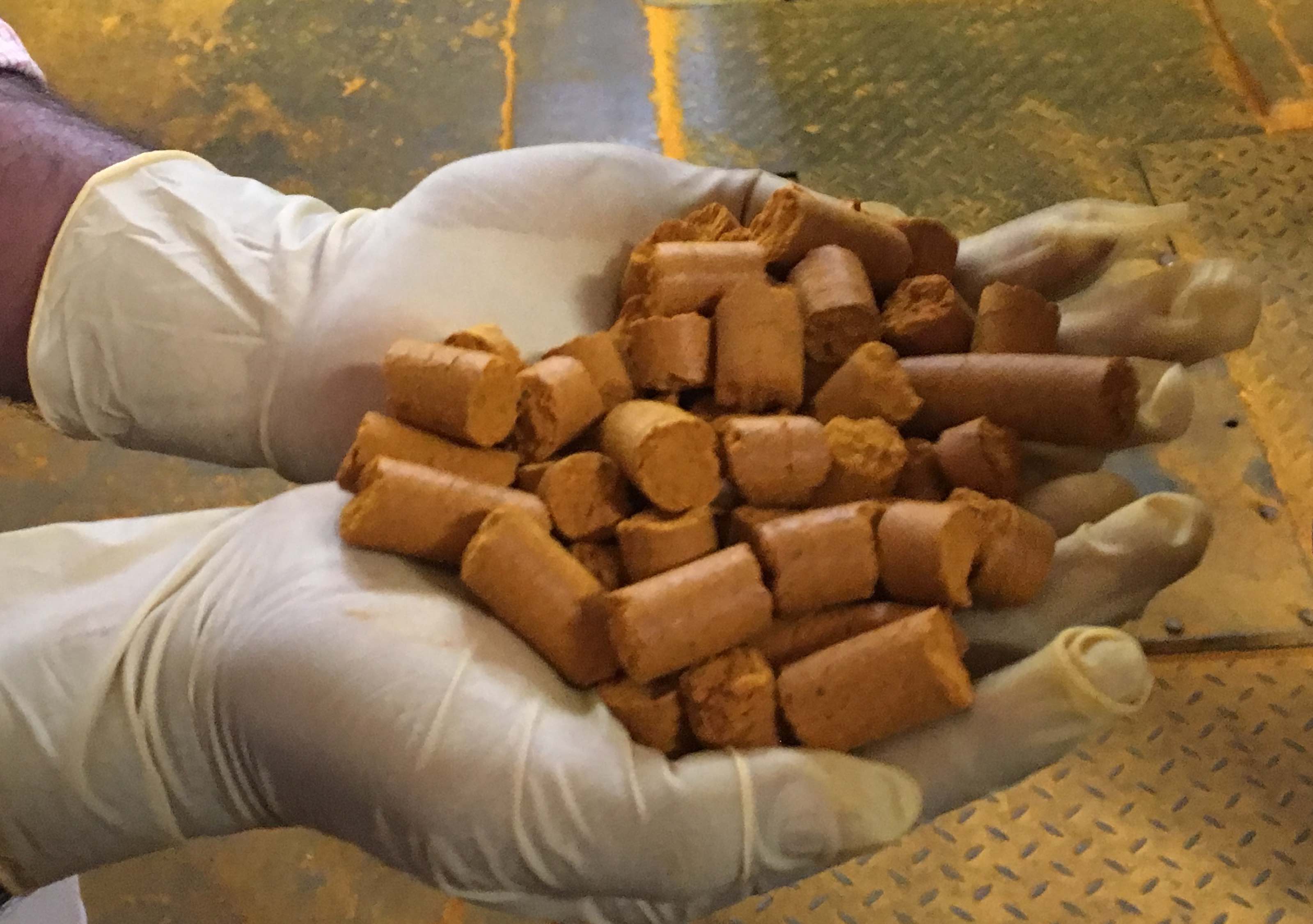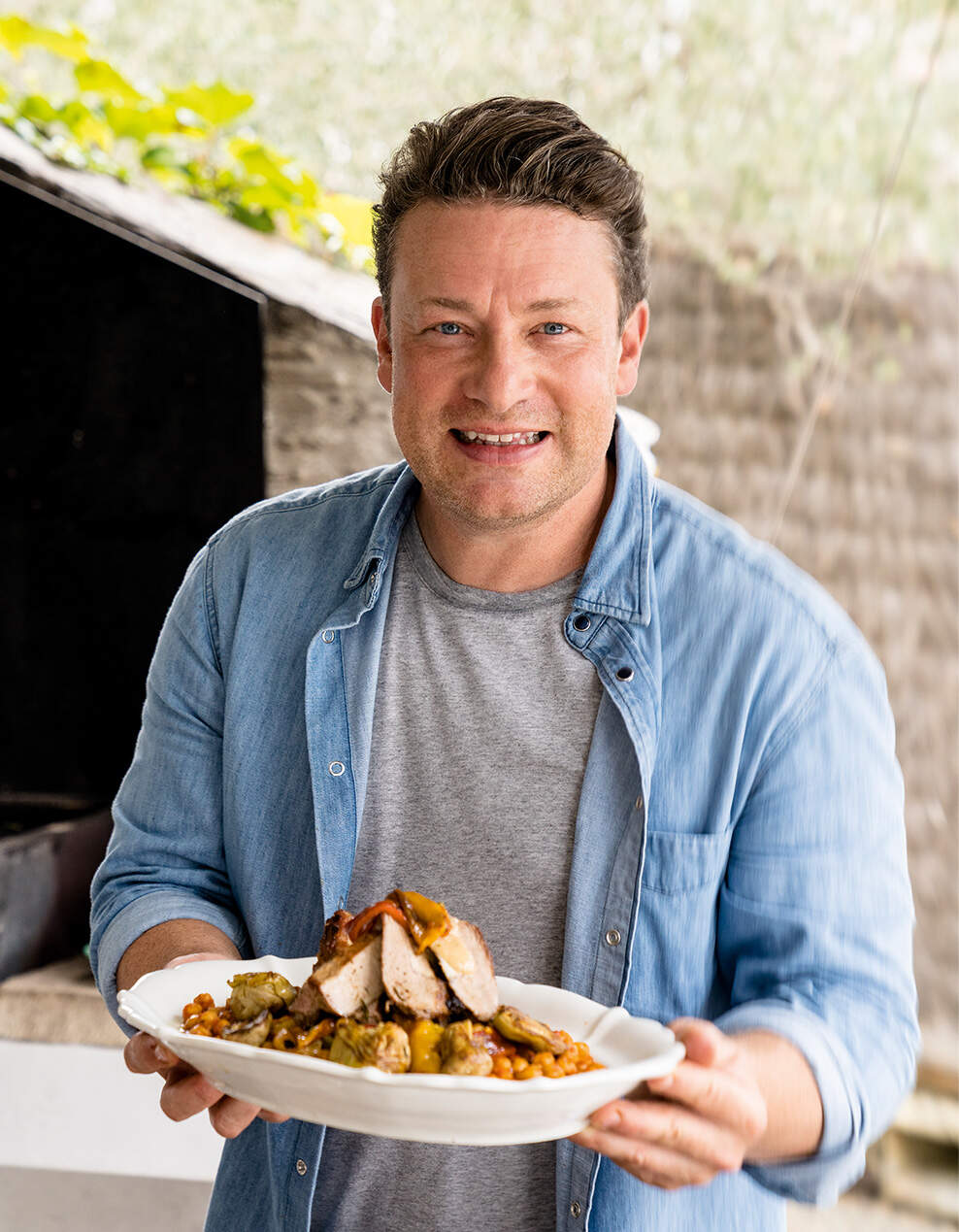
Gut health has been a hot topic of research in recent years. This has seen a plethora of studies on dietary ingredients and their effects on gut health, many of which lie outside the traditional carbohydrate/dietary fiber sources of prebiotic ingredients.
Many ingredients now flying prebiotic flag
For example, a recent review of plant-based ingredients used to treat gut disorders in traditional European medicine settings mentioned constituents of turmeric, ginger and rosemary as having “potential gut microbiome modulatory effects.”
Anther recent study came out and baldly called out turmeric as a ‘prebiotic compound.’ Another study published just this week listed curcumin, quercetin, resveratrol, naringenin, and epigallocatechin-3-gallate as all having anti inflammatory and microbiome regulating effects that could be helpful to IBS patients.
With the wide array of ingredients being studies in this regard, and the wide array of foods in which these constituents can be found, the question becomes: Can just about anything you eat be considered a prebiotic?
GPA seeks to set boundaries
That dilution of the message is a concern for the category, said Len Monheit, executive director of the Global Prebiotic Association, which lists Deerland, ADM, Ardent Mills and Church & Dwight as members. Monheit said GPA has been working to both define and defend the turf for the category, so that consumers don’t become confused to the point where they tune the message out.
Monheit said GPA is not necessarily averse to broadening the category definition to include new ingredients, as long as those ingredients have data to justify what’s being said about them.
GPA works to defend meaning of 'prebiotic' even as new ingredient technology muddies waters - NutraIngredients-usa.com
Read More

No comments:
Post a Comment